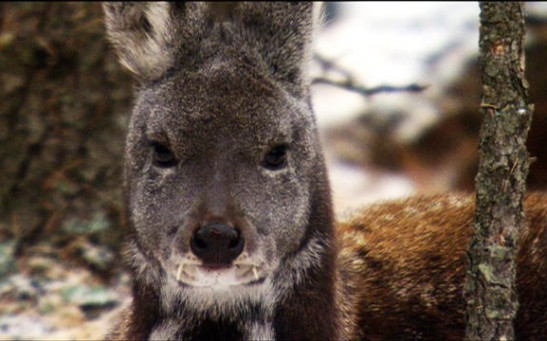nature
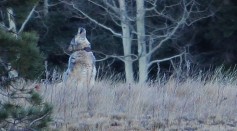
Endangered Gray Wolf May Have Made a Trip to Grand Canyon
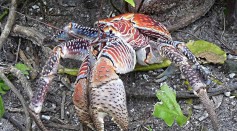
An Urban Legend or Possible Truth? Amelia Earhart May Have Been Eaten Alive
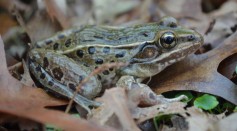
Crytptic New Species of Leopard Frog Found in New York City

The Past And Present of Biotechnology—What Designs Nature Will Inspire
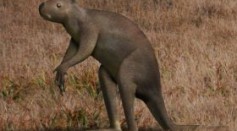
How Ancient Kangaroos Walked Off the Face of the Earth and Hopped into Future Generations
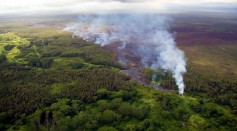
What’s the Worst Case Scenario? Hawaii’s Kilauea Lava Flow
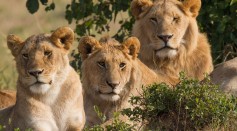
US Fish & Wildlife Service Say African Lions May be Extinct by 2050

Mammoth Fossil Trapped In Reservoir—Archaeologists Try to Unearth Rare Skeleton

Hawaiian Kilauea Volcano Lava Flow—Update (Oct. 28)

Megalodon Sharks became extinct 2.6 million years ago

Sky-High Dig Reveals Ancient Paleoindian Workshop Site in Andes
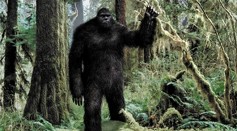
Another ‘Big’ Species Added to Endangered Species List? The Sasquatch Debate

How the Milky Way Dominates the Stellar Block—Dwarf Galaxies, Get Out of the Way

New Research Started After Rare Beaked Whale Washed Ashore Near Sydney
Most Popular

AI Revolution in Medical Education: Transforming How Healthcare Professionals Learn

Optimizing Complex Catalog Systems with Graph Theory and Indexing

Out of Office, Not Out of Mind: Planning for Employee Holiday Absences

Nikolay Karpenko Biography, Photo, Career, Accomplishments

